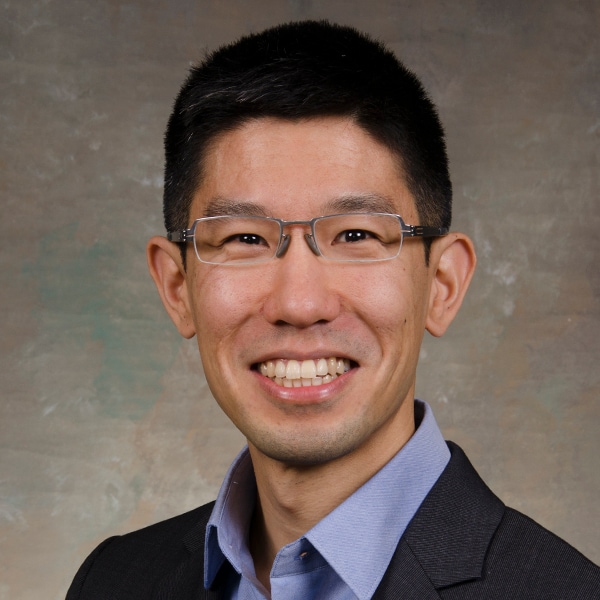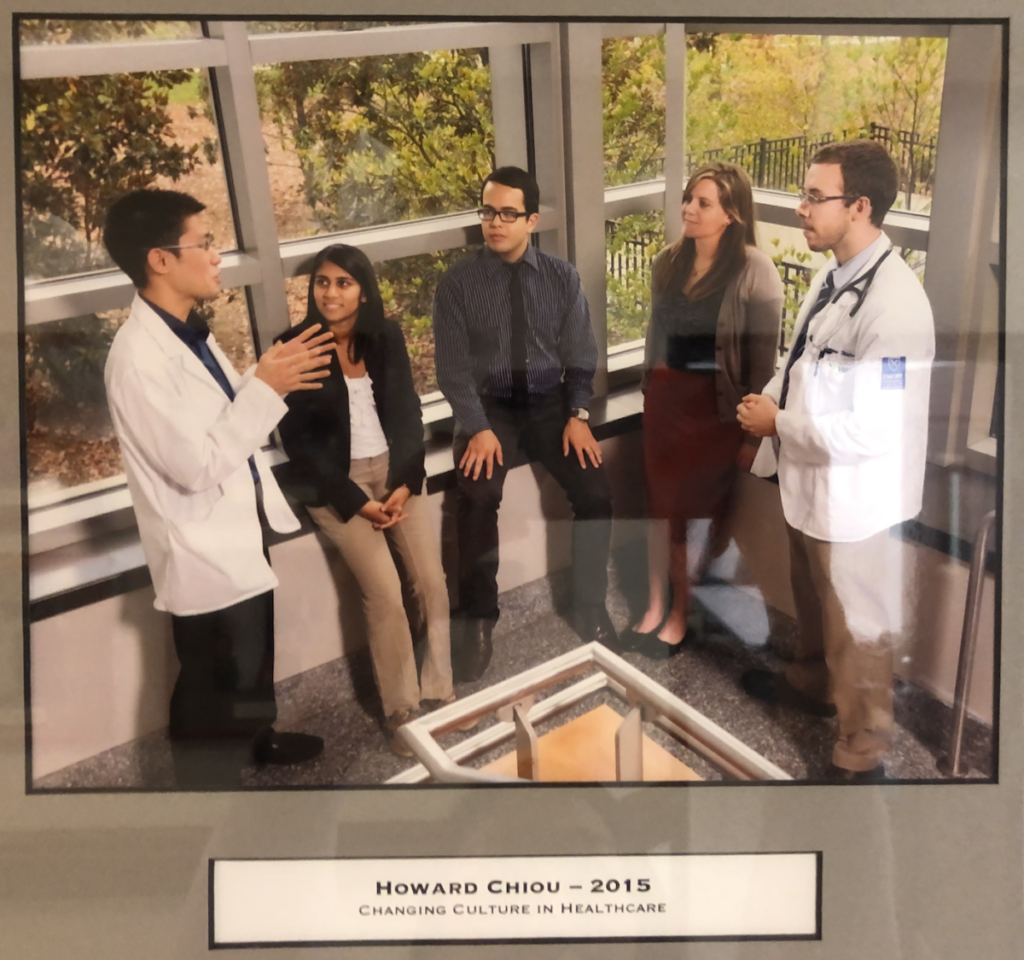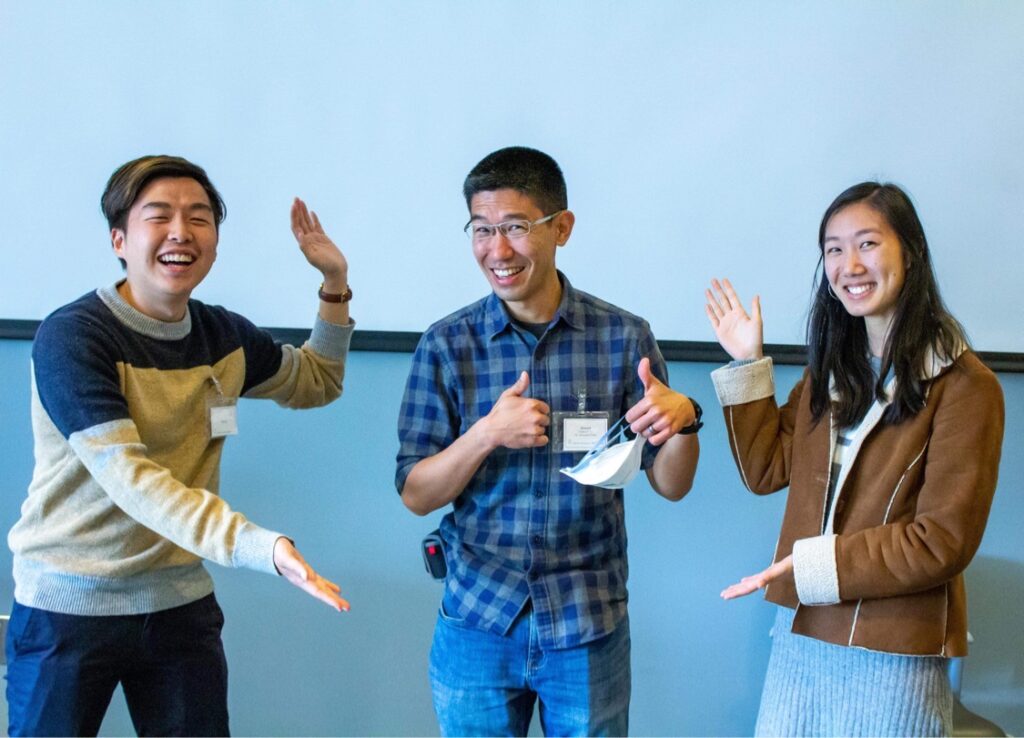HOWARD CHIOU (2015)


EDUCATION:
Human Biology BA, 2004, Stanford University
Anthropology MA, 2006, Stanford University
PhD in Anthropology, 2015, Emory University
Doctor of Medicine (MD), 2017, Emory University
LEADERSHIP POSITIONS:
Adjunct Faculty, Emory University
Epidemic Intelligence Service (EIS) Officer, CDC
Lieutenant Commander, Commissioned Corps of the U.S. Public Health Service
PUBLICATIONS:
PhD Dissertation
- (2015) Changing Culture in Healthcare. Emory Theses and Dissertations (ETD).
Articles
- (2021) Woodruff, Rebecca C., Ipuniuesea Eliapo-Unutoa, Howard Chiou, Maria Gayapa, Sara Noonan, Pradeep S. B. Podila, Victoria Rayle, Guillermo Sanchez, Ray Tulafono, Chris A. Van Beneden, Matthew D. Ritchey. Period Prevalence of Rheumatic Heart Disease and the Need for a Centralized Patient Registry in American Samoa, 2016 to 2018. Journal of the American Heart Association.
- (2017) Chiou, Howard, Jeffrey K. Jopling, Jennifer Yang Scott, Maghan Ramsey, Kelly Vranas, Todd H. Wagner, Arnold Milstein. Detecting organisational innovations leading to improved ICU outcomes: A protocol for a double-blinded national positive deviance study of critical care delivery. BMJ Open.
BIOGRAPHY:
Dr. Howard Chiou completed his MD/PhD training from Emory University in 2017 with mentorship from Dr. Melvin Konner and Dr. Carol Worthman. His research interest lies in investigating the culture of U.S. healthcare to understand the prevalence of iatrogenic deaths due to medical error. As a medical anthropologist, Chiou examines the healthcare setting as his “cultural laboratory.” He additionally combines his anthropological insight with his training in public health to analyze the efficacy of healthcare quality improvement programs.
According to his dissertation, Chiou’s multi-sited ethnographic approach involved collecting data from participant observation, interviews, and qualitative safety culture questionnaires. He specifically examined an intervention program called the “Unit-Based Care model” that is being implemented in two hospitals in the U.S. and one hospital in Australia. This intervention seeks to initiate social and cultural change within hospital hierarchies to shift towards a more cooperative—and less individualistic—mindset among interdisciplinary teams of healthcare practitioners. However, the pathway to this structural change remains elusive and complex, especially when comparatively examined in a variety of different hospital contexts. Chiou’s research ultimately highlights the need for increased ethnographic research due to the reality that there is no “one size fits all” when it comes to healthcare quality improvement programs.
Apart from his research in sociocultural medical anthropology, Dr. Chiou is also licensed as a Preventative Medicine Physician from the California Board of Medicine. He currently holds the position of lieutenant commander for the U.S. Public Health Service from the Centers for Disease Control and Prevention.
